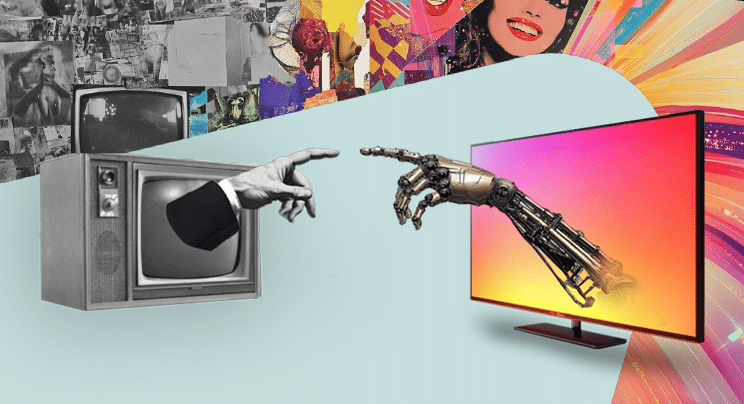DTV Bill Expected Soon
Broadcast flag action could come fast
WASHINGTON
Attendees at CEA's 2003 HDTV Summit may have wanted a pre-NAB advance view into what's going to happen next in television. Participants were happy to highlight the good HD news of the past year; some were quick to point out what other industries hadn't done.
But they all got some clues about what might be in a DTV bill drafted last year by the House Commerce Committee. Jessica Wallace, telecommunications counsel to the committee, said in a panel discussion that the revived bill may hit the agenda after Congress' Easter break, with an eye toward passage by the House this summer.
Rep. Ed Markey (D-Mass.), top Democrat on the House Telecommunications subcommittee, has said he too will introduce a DTV bill.
END OF ANALOG
At a hearing on the draft bill last year, the provision that caused the most huffing by committee members was the looming date of a mandatory return of the analog spectrum, regardless of the prevalence of DTV tuners.
Representatives howled then about facing their constituents when they suddenly lose analog TV; Wallace said committee staff was recommending removing that part of the bill, but did not say how the bill might ensure to the timely vacating of the spectrum.
Nor did she predict the committee's direction on the forced cable carriage of multicast digital signals, saying only that the bill's likely sponsor, Committee Chairman Billy Tauzin (R-La), was considering a variety of options.
Action on DTV was necessary, Wallace said, even thought the transition is moving forward.
"I don't think we have to wait for the industry to collapse," she said.
INTERNATIONAL PIRACY
Copy protection, Jack Valenti said at the HDTV Summit, consumes the bulk of his work at the Motion Picture Association of America, which he heads. Noting that piracy affects the future of the very content that makes money for broadcasters, cable and CE makers, Valenti said he figures those industries should be just as gung-ho as he was.
If Congress had dealt with it in the 1996 Telecommunications Act, "We wouldn't be having these problems today," he said.
Washington winds may be blowing Valenti's way. A week earlier, FCC Media Bureau Chief Ken Ferree, under grilling from a Senate panel, defended the commission's authority to implement such a flag.
Wallace said both Tauzin and Commerce Committee ranking Democrat John Dingell (Mich.) agree that the FCC has the authority to implement the flag. And CBS Executive VP Martin Franks said that yes, the network was serious about holding back its HDTV programming starting in fall 2003, if a flag is not implemented by summer.
"We're optimistic there will be progress at the commission," said Franks. "We're not going to aid in the 'Napsterization' of our own product."
DOING THEIR PARTS
Even as industry leaders continued their long-standing criticisms of one another at the summit, they also had actual achievements to trumpet. And that's part of the purpose of CEA-sponsored event.
Speakers pointed to more programming, improved consumer awareness, fast HDTV rollout on major cable systems and a rising number of DTV stations on the air. But the top item cited was the rise of HD sports, with Super Bowl XXXVII fingered as a great leap forward. ESPN's new HDTV network, which began March 30, is also seen as a major piece filling in the HD puzzle, motivating a nation of sports fans to demand the advanced service from their cable operators.
ESPN VP of Strategic Business Planning and Development Bryan Burns acknowledged that ESPN HD's inaugural season would not be its final destination; the network is starting with a few hundred events its first year, with gradual build-up of its HD content. Slated for eventual HD production are ESPN's plentiful studio programs, including its signature "SportsCenter."
"Everyone said, 'Just get started,'" Burns said.
For baseball's Opening Day and the NCAA Women's Final Four, the network used additional HDTV trucks to produce post-show reports. The network aims for 24/7 HDTV from its giant digital center, being built at its Bristol, Conn., headquarters.
ESPN held "shootouts" among different equipment offerings and plans to do a whole lot of shopping at NAB2003.
"We think it will be the largest HD studio in the world," Burns said.
The professional video industry's #1 source for news, trends and product and tech information. Sign up below.
